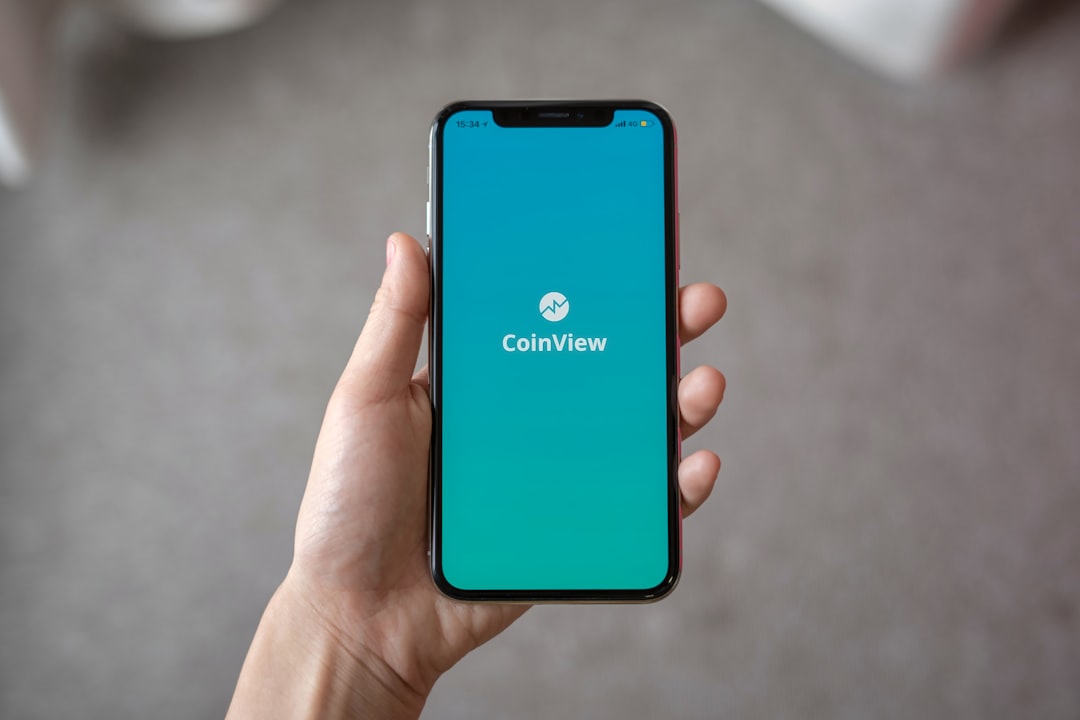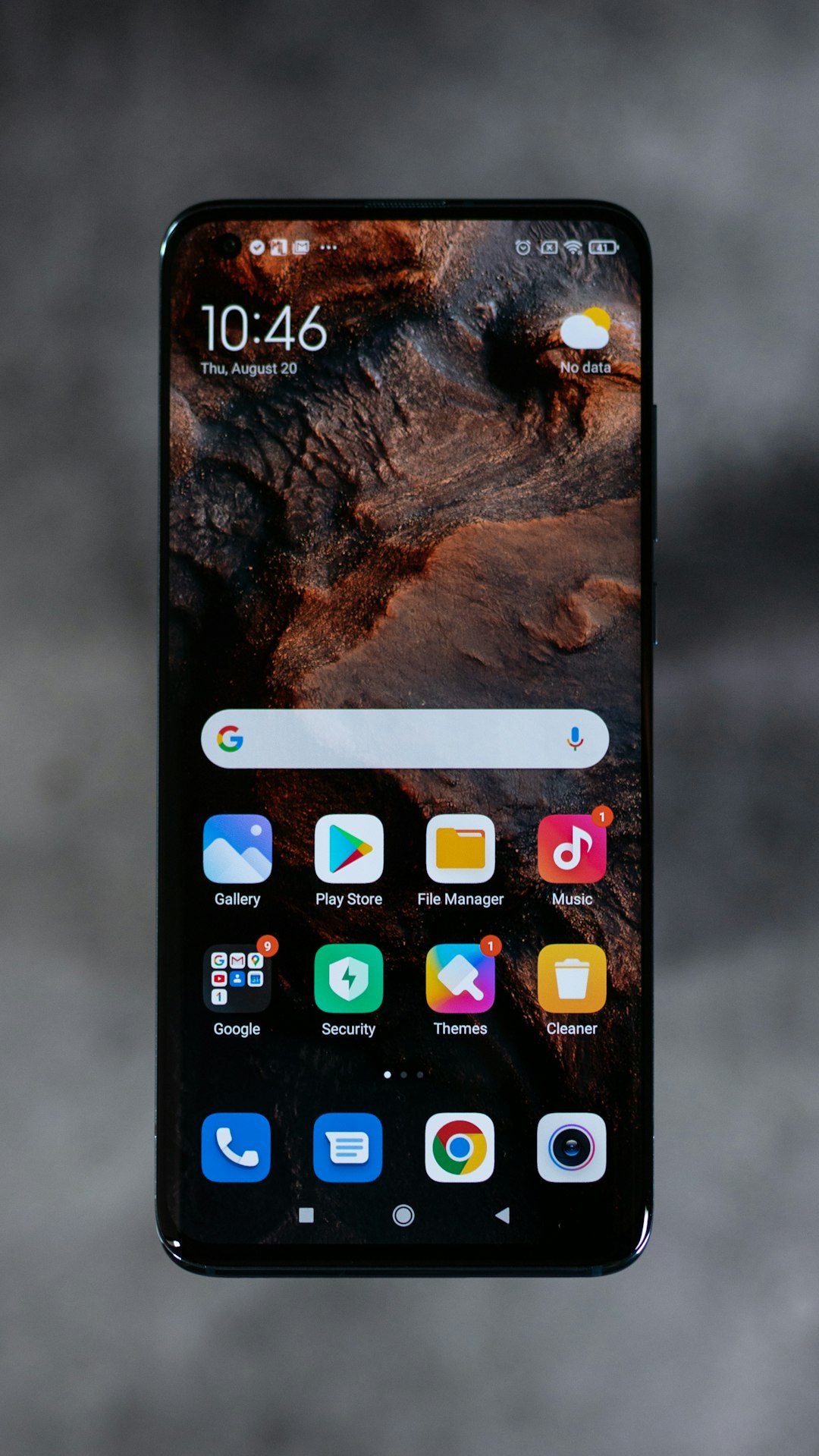Portland, Maine residents enjoy protections under the TCPA and state regulations against automated/prerecorded calls and unsolicited texts from businesses, especially law firms. Identify spam by listening for automated prompts, repetitive numbers, or unusual call patterns. Law firm spam often involves promotional texts. Report violations involving unsolicited phone calls or text messages to the FTC or state attorney general's office. Register on Do Not Call lists, limit number sharing, and use privacy apps/call-blocking software to combat spam calls.
“Portland, Maine residents often face an unwanted onslaught of spam calls and text messages, a common nuisance with serious legal repercussions. This guide equips you with the knowledge to identify potential Telephone Consumer Protection Act (TCPA) violations specific to Maine. From recognizing spam calls and messages to understanding common pitfalls faced by law firms, this article offers practical insights on enforcing your rights and preventing future unwanted communications. Learn how to navigate the complexities of Maine’s TCPA laws.”
Understanding TCPA Laws in Maine

In Portland, Maine, residents are protected by the Telephone Consumer Protection Act (TCPA), a federal law designed to curb spam calls and text messages from unscrupulous law firms and other businesses. The TCPA prohibits automated or prerecorded phone calls, as well as unsolicited text messages, except under specific circumstances. Maine has its own regulations that reinforce these federal protections, ensuring residents’ peace of mind.
Understanding the nuances of the TCPA is crucial for Portland’s citizens to identify potential violations. Law firms engaging in spam calls often target areas with high population densities, hoping to inundate residents with unsolicited marketing messages. By recognizing patterns like frequent unknown numbers, automated voice prompts, or text messages promoting legal services, Maine residents can take proactive steps to protect themselves and file complaints with the appropriate authorities if necessary.
Identifying Spam Calls and Messages

Many Portland, Maine residents have experienced the annoyance of unsolicited spam calls and messages, which can be a common occurrence in today’s digital age. The Telephone Consumer Protection Act (TCPA) was established to protect consumers from exactly these types of invasions of privacy. If you’ve received repeated unwanted calls or text messages from law firms or other businesses, it might indicate a violation of the TCPA.
To identify spam calls, listen for automated voice messages, pre-recorded ads, or strange call patterns. Law firm spam often involves repetitive or suspicious numbers appearing on your caller ID. If you receive unsolicited marketing materials via SMS, particularly from unknown sources, it’s likely considered spam under Maine’s TCPA regulations. Familiarize yourself with local laws to better recognize and report such violations, ensuring a safer, less disruptive communication environment.
Common Violations by Law Firms

Law firms in Portland, Maine, like elsewhere, are not immune to violating the Telephone Consumer Protection Act (TCPA). Common violations include making spam calls to residents’ phones without prior express consent. This often involves using automated dialing systems or prerecorded messages to promote legal services, which is strictly prohibited unless certain conditions are met.
Additionally, law firms may be guilty of unwanted text message campaigns targeting Maine residents. The TCPA prohibits sending unsolicited texts advertising legal services, and residents have the right to seek damages for such violations. Law firms should also be mindful of their call timing, as making calls at unreasonable or inconvenient hours is another frequent breach that can result in TCPA lawsuits.
Enforcing Your Rights: Reporting Violations

Portland, Maine residents have rights when it comes to unwanted spam calls. If you suspect a violation of the Telephone Consumer Protection Act (TCPA), knowing how to report it is crucial. The first step is to gather evidence—note down the caller ID, date, and time of the call, as well as any recorded messages or automated voice prompts. This information will be valuable when filing a complaint with the Federal Trade Commission (FTC) or your state’s attorney general’s office.
Reporting violations not only helps protect yourself but also contributes to broader enforcement of the spam call law firms Maine residents rely on for peace and quiet. The FTC takes these complaints seriously, using them to investigate potential violators. By staying proactive and reporting suspicious calls, Portland residents can play a part in keeping their community free from unwanted telemarketing intrusions.
Preventing Future Spam Calls

Portland, Maine residents can take proactive steps to prevent future spam calls and protect themselves from TCPA (Telemarketing Consumer Protection Act) violations. One effective method is to register on Do Not Call lists maintained by both state and federal governments. These lists filter out unwanted telemarketing calls, offering a significant layer of protection.
Additionally, Maine residents should be cautious when sharing their phone numbers. They can limit the dissemination of their contact details and consider using privacy apps or call-blocking software to curb spam calls from law firms or other sources. Staying informed about the TCPA and its regulations is also crucial, as it enables residents to recognize and report suspicious activities, thereby contributing to a more robust enforcement of anti-spam laws in Maine.






